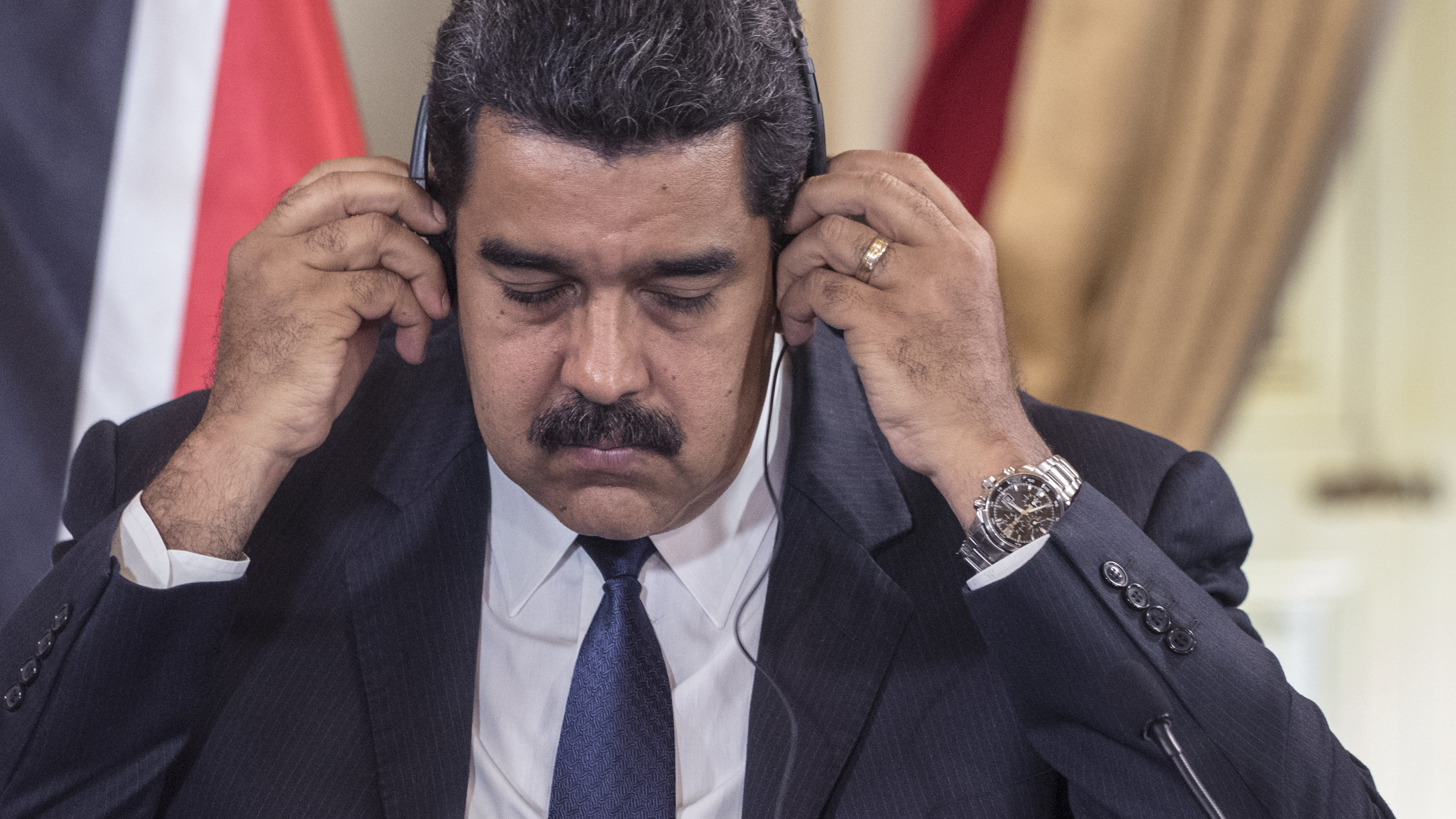The Netanyahu Speech and the Open Letter: Lessons on Iran from North Korea
In his speech before Congress the other day, Israeli Prime Minister Benjamin Netanyahu made the following comparison between the Iranian nuclear program and the North Korean path to nuclear weapons:
Inspectors knew when North Korea broke to the bomb, but that didn't stop anything. North Korea turned off the cameras, kicked out the inspectors.
In his speech before Congress the other day, Israeli Prime Minister Benjamin Netanyahu made the following comparison between the Iranian nuclear program and the North Korean path to nuclear weapons:
Inspectors knew when North Korea broke to the bomb, but that didn't stop anything. North Korea turned off the cameras, kicked out the inspectors. Within a few years, it got the bomb. Now, we're warned that within five years North Korea could have an arsenal of 100 nuclear bombs. Like North Korea, Iran, too, has defied international inspectors. It's done that on at least three separate occasions---2005, 2006, 2010. Like North Korea, Iran broke the locks, shut off the cameras.Where is the Prime Minister right and where is he wrong in seeking parallels between Iran and North Korea? There is one point on which the Korean record strongly comports with Netanyahu’s assumptions: The ideal way to restrict Iran’s, or any other potential nuclear state’s, break-out time, is to negotiate the disablement and ultimately dismantlement of its physical infrastructure. I am unsympathetic with those who argue that you can’t destroy what the Iranians know. While it’s true as far as it goes, you can dismantle what they have built. And while they may be rebuild it, rebuilding takes time, and time is always what we are buying. But as with much in the Prime Minister’s speech, the issue is not what is ideal but what will work. And on that score, Netanyahu’s strategy is laced with risk. Netanyahu’s account of the current state of play contained some important omissions, if not outright misrepresentations. We do not know precisely how long it would take the Iranians to break out, but the interim agreement (technically called the Joint Plan of Action) has already capped elements of the Iranian program. It is unclear how the Prime Minister can conclude that Iran’s break-out time has actually gotten shorter or that it would diminish further under a subsequent arrangement. The idea that the P5+1 would reach an agreement that actually shortens Iran’s breakout time is---to put it bluntly---ridiculous. For the record, it is worth simply ticking off what the Joint Plan of Action has done:
- Iran’s stockpile of 19.75 percent enriched uranium was eliminated through a combination of dilution and conversion to uranium oxide. As a benchmark, the threshold for highly-enriched uranium (HEU) is often considered 20 percent but, in fact, effective weapons grade is much higher, above 80 percent.
- Iran’s stockpile of gasified uranium enriched up to five percent has been capped by feeding the newly produced amounts into the uranium oxide process.
- No new centrifuges have been installed or constructed and the more advanced IR-2 centrifuges have not been used to produce enriched uranium. Half of the installed centrifuges have not been used for enrichment.
- No new enrichment facilities have been constructed.
- No fuel has been produced, tested, or transferred to the Arak nuclear power plant and no components have been added to the reactor, effectively halting construction.
- The IAEA has been granted daily access to Natanz and Fordow, with certain portions of these facilities monitored by 24-hour cameras.
Stephan Haggard is the Lawrence and Sallye Krause Professor of Korea-Pacific Studies; director, Korea-Pacific Program; and Distinguished Professor of Political Science at the School of Global Policy and Strategy at UC San Diego. He works on the political economy of developing countries, with a particular interest in Asia and the Korean peninsula. Along with Marcus Noland, he runs the Witness to Transformation blog on the Korean peninsula at http://blogs.piie.com/nk.




